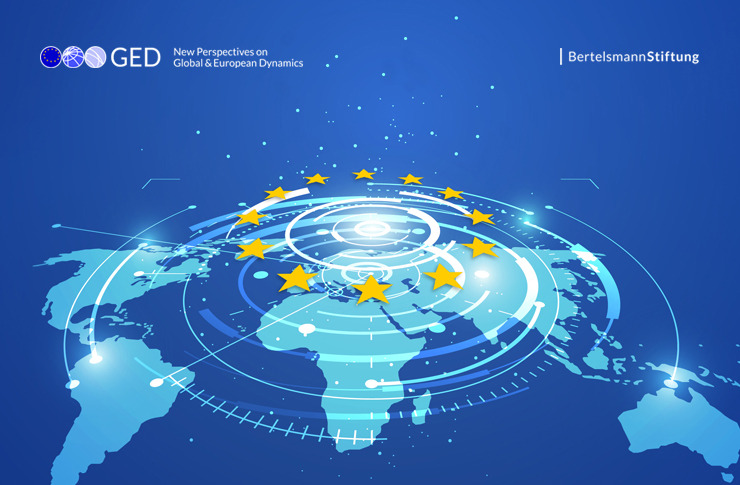
|
MARCH 2022
Dear Readers,
In what many considered an unthinkable development, a large-scale war is underway in Europe. And while the immediate focus lies on hour-to-hour developments on the ground, Russia’s invasion of Ukraine without doubt ushers in far-reaching changes to Europe’s economic and security architecture.
Please find below analysis from our Eastern Europe expert Miriam Kosmehl on how deterrence has failed as a strategy in the multilateral system, as well as a first assessment of the economic impact of the war from our expert on Europe’s economic governance, Katharina Gnath. We also offer an assessment of the current choice of sanctions as well as of their possible long-term geopolitical impact. As we go forward, Bertelsmann Stiftung’s Europe program will analyse the implications of the war in Ukraine from additional and multiple perspectives.
In this first edition of GED Monthly, a comprehensive compilation of our publications and events on Europe, we also offer analysis on a range of further European topics, including interest rate rises in the US, China’s Olympic Winter Games and 30 years of the Maastricht Treaty.
With warm wishes,
Stephan Vopel and Malte Zabel
Director and Co-Director
Europe’s Future Program
|
|
|
|
|

Europe’s divided security...
Following Russia’s assault on Ukraine, no one can close their eyes to the fact that war has returned to the European continent. President Vladimir Putin gave his orders to invade Ukraine while the UN Security Council was still in session. Nothing could have exposed more the weaknesses of the multilateral system, in which liberal democratic countries take such pride. Sanctions have been ineffective. Ukraine is a direct victim of the fact that we have unlearned deterrence.
Read more
|
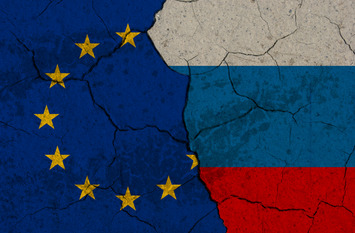
... and its economic implications
In the face of exceptional uncertainty and risks, analysis of the economic impact of Russia’s war against Ukraine on the EU and the European economy is highly contingent on short- and medium-term developments on the ground. In an initial assessment, we break down the direct and indirect channels through which the war and the economic sanctions imposed by the West are most likely to affect both the Russian and European economies.
Read more
|
|
|
|
|
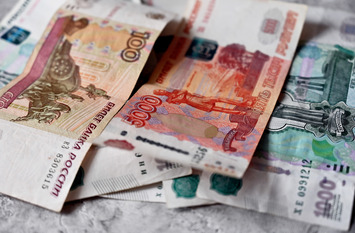
Sanctions: from SWIFT to the Russian Central Bank
Partial exclusion of Russia from the SWIFT system will quickly and considerably complicate private sector financial transactions with Russia. Yet the EU’s financial “nuclear options”, sanctioning the Central Bank and making use of the euro, should be considered in parallel.
Read more
|

Russian isolation from the West: new prospects for China?
Heavy sanctions on Russia and the isolation from Western technology and economies that will ensue, mean that its dependence on China will grow. This could lead to a Russian-Chinese relationship where China is the dominant partner – a fear Russia has held for years.
Read more
|
|
|
|
|

Nord Stream 2: a test case for Europe
US Republicans may have failed to impose mandatory sanctions on Nord Stream 2, as democratic senators side with their President. But Europe remains called upon to view relations with Russia through more than a purely economic lense.
Read more
|
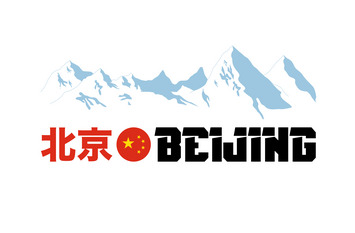
Olympic Winter Games: a new low point for China?
Things were beautiful back in 2008, when the new benevolent superpower hosted the Olympic Summer games and even the weather played along. But things are different this time – and not just because of the pandemic.
Read more
|
|
|
|
|
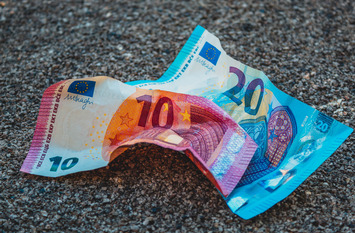
Interest rates I: the US looks certain to raise its rates...
Since the outbreak of the 2008/9 crisis, key interest rates of all advanced economies have been close to zero. We examine why the US can afford to diverge from this path.
Read more
|

Interest rates II: ... but what about Europe?
With inflation, unemployment and public debt centre-stage, the ECB is in a dilemma. We argue that it is unlikely it will raise its rates - at least for now.
Read more
|
|
|
|
|
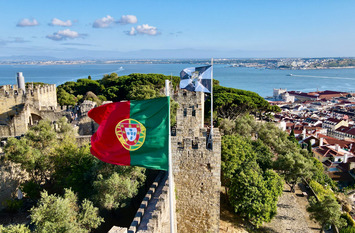
Portuguese elections: a return to stability?
President de Sousa called for snap elections in a bid to restore order after the current government failed to pass the 2022 budget. We analyse the prospects of a return to a more even keel.
Read more
|
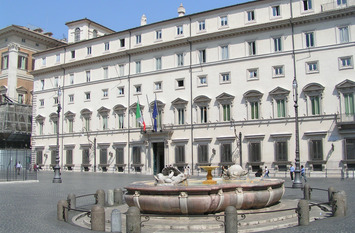
Berlusconi's comeback plans in Italy: a blast from the past?
Italian presidents are the heads of state, and their role may sometimes seem ceremonial. Yet in times of crisis their influence grows. We analyse the proposed return of a figure from the past.
Read more
|
|
|
|
|
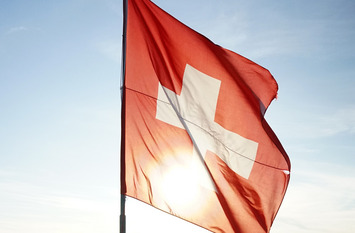
EU-Swiss relations: the significance of stalled trade talks
In May 2021, Swiss leaders formally ended talks with the European Commission to create a trade framework. We argue that Switzerland can count itself one of the biggest winners amongst non-EU countries with access to the EU single market.
Read more
|
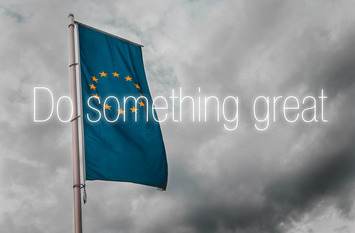
From Scale to Purpose? The EU and its tech startups
As the global race for tech dominance intensifies, the EU has shifted gears to support its homegrown startups. Yet creating European unicorns that can compete with the US and China will require bigger thinking than the EU can currently muster. We propose alternative options.
Read more
|
|
|
|
|

Reshuffling the data economy: the importance of interoperability
The volume of data in the world is increasing dramatically. Predictions point to an incredible 175,000 billion gigabytes by 2025 – an increase of 530% since 2018. We analyse a technical concept that has enormous practical significance.
Read more
|
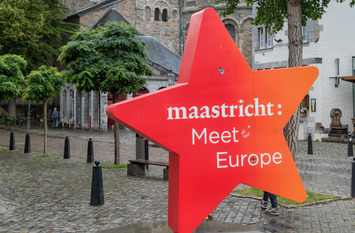
The Maastricht Treaty 30 years on: revisiting the euro area
Thirty years ago, the EU heads of state and government signed the Treaty of Maastricht, comprising the blueprint for European Economic and Monetary Union (EMU). Three decades after the decision, it is time to reflect where we stand.
Read more
|
|
|
|
|
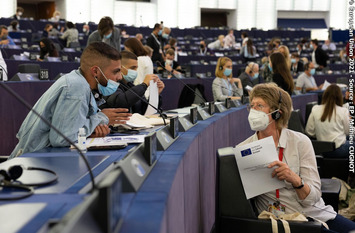
Citizens' report: participating in Europe's future
After four panels with randomly selected EU citizens collected more than 14,000 ideas on how to improve participation in Europe, a report by the High-Level Advisory Group of our Conference Observatory looks at how these ideas can be made to both work and stay.
Read more
|
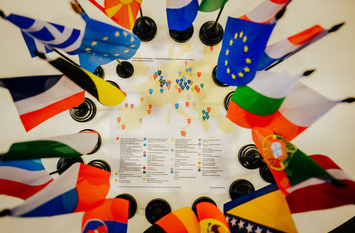
Citizens' dialogues: out of the European bottle
In mid-February, Europeans from Italy, the Czech Republic, Austria, Greece, Romania, Portugal, Ireland and many more countries took stock of recent efforts to give citizens a voice in shaping the future of the continent. Put simply, the "participation genie" is out of the bottle!
Read more
|
|
|
|
|
In the next edition
|
|
|
|
In addition to analysis on the war in Ukraine, we will be focusing on European cohesion in times of the twin transition and on the state of transatlantic relations.
To keep abreast of our work, please keep an eye on our blog: globaleurope.eu
Or follow us on social media: http://twitter.com/GED_Tweet
|
|
|
|
|
|
|
|
|
|
|
|